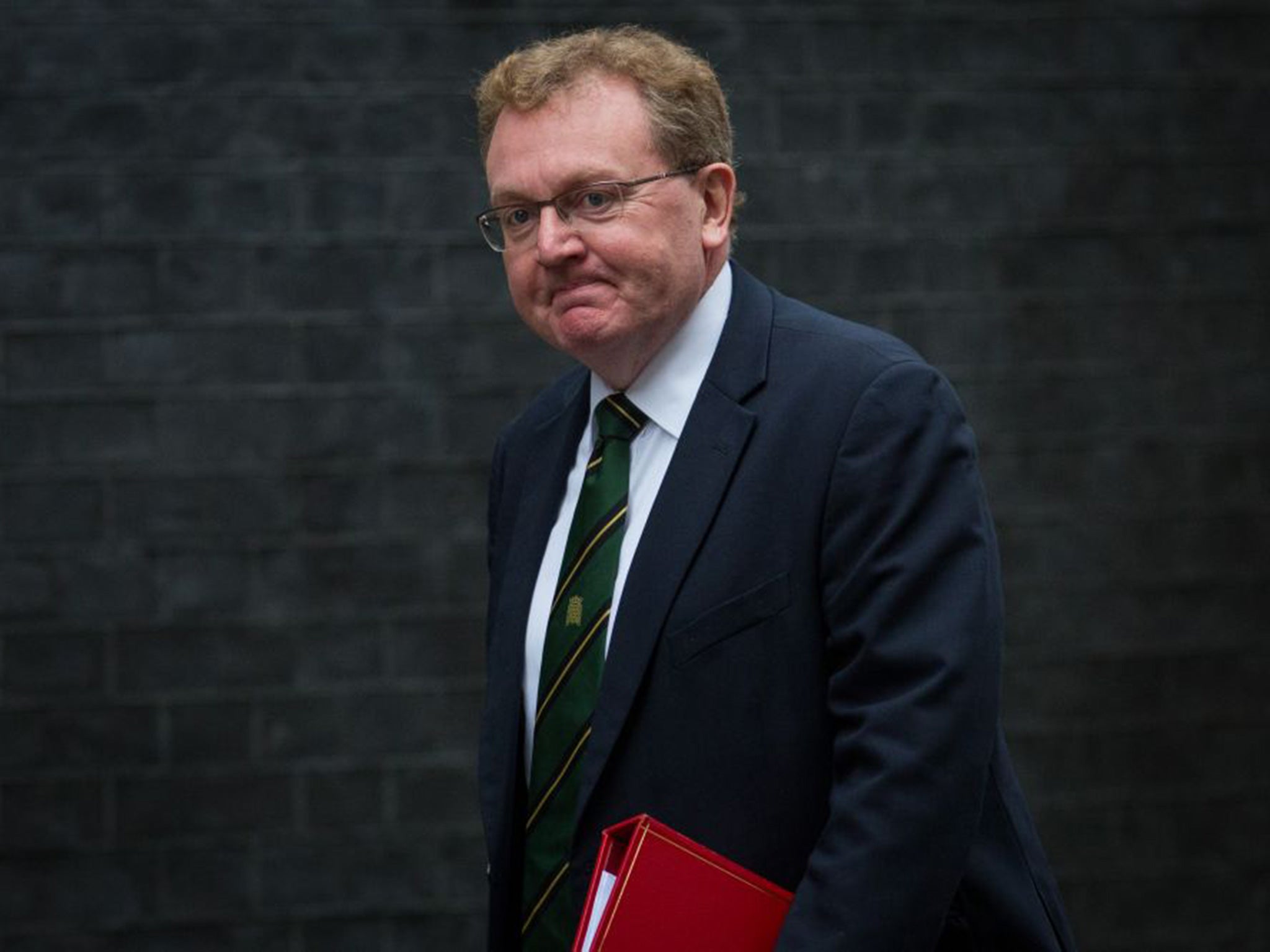Scotland's only Tory MP claims the Conservatives are about to have a 'resurgence' north of the border
David Mundell thinks his party could beat Labour in the 2016 Scottish Parliament elections

Your support helps us to tell the story
From reproductive rights to climate change to Big Tech, The Independent is on the ground when the story is developing. Whether it's investigating the financials of Elon Musk's pro-Trump PAC or producing our latest documentary, 'The A Word', which shines a light on the American women fighting for reproductive rights, we know how important it is to parse out the facts from the messaging.
At such a critical moment in US history, we need reporters on the ground. Your donation allows us to keep sending journalists to speak to both sides of the story.
The Independent is trusted by Americans across the entire political spectrum. And unlike many other quality news outlets, we choose not to lock Americans out of our reporting and analysis with paywalls. We believe quality journalism should be available to everyone, paid for by those who can afford it.
Your support makes all the difference.The Conservatives are experiencing a “resurgence” in Scotland, the party’s only member of parliament with a Scottish constituency has claimed.
David Mundell, the secretary of state for Scotland and MP for Dumfriesshire, Clydesdale and Tweeddale, said it was possible his party could be Labour into third place in next year’s Scottish Parliament elections.
“There are strong signs now, I think, of a resurgence under Ruth Davidson’s leadership,” he told BBC Radio 5Live’s Pienaar’s Politics programme.
“She’s a dynamic young woman who has brought a real buzz to Scottish politics and is clearly the only person in the Scottish Parliament who is able to go toe-to-toe with Nicola Sturgeon and hold her to account.”
He added that Scottish Conservatives representation in the House of Commons was not in line with the party’s support north of the border – where it has only 1 of 59 Scottish seats but 14.9 per cent of the vote.
Labour also won only one seat but 24.3 per cent the vote, while the Liberal Democrats took one seat and 7.5 per cent of the vote.
The disproportionate results are due to the first past the post electoral system, which the Conservatives campaigned to keep during referendum to scrap it in the previous parliament.
The SNP, and Liberal Democrats support proportional representation, while Labour has in the past supported changing to a system of preference voting.
The Scottish Parliament is elected using a proportional electoral system to the Tories and other smaller parties are likely to benefit.
The discussion over whether the Conservatives are overtaking Labour north of the border comes after the governing party appeared to score high than the opposition in the Scottish sub-sample of a UK-wide poll.
The margin of errors on such sub-samples is however very high and they are not a reliable indicator of support.
Labour has been ahead of the Tories in full Scottish polls both in the Scottish Parliament and Scottish seats in the House of Commons.
An STV/Ipsos MORI poll conducted in mid-November found the SNP on 50 per cent, Labour on 20 per cent, the Conservatives on 18 per cent, the Liberal Democrats on 7 per cent and others on 5 per cent.
Join our commenting forum
Join thought-provoking conversations, follow other Independent readers and see their replies
Comments